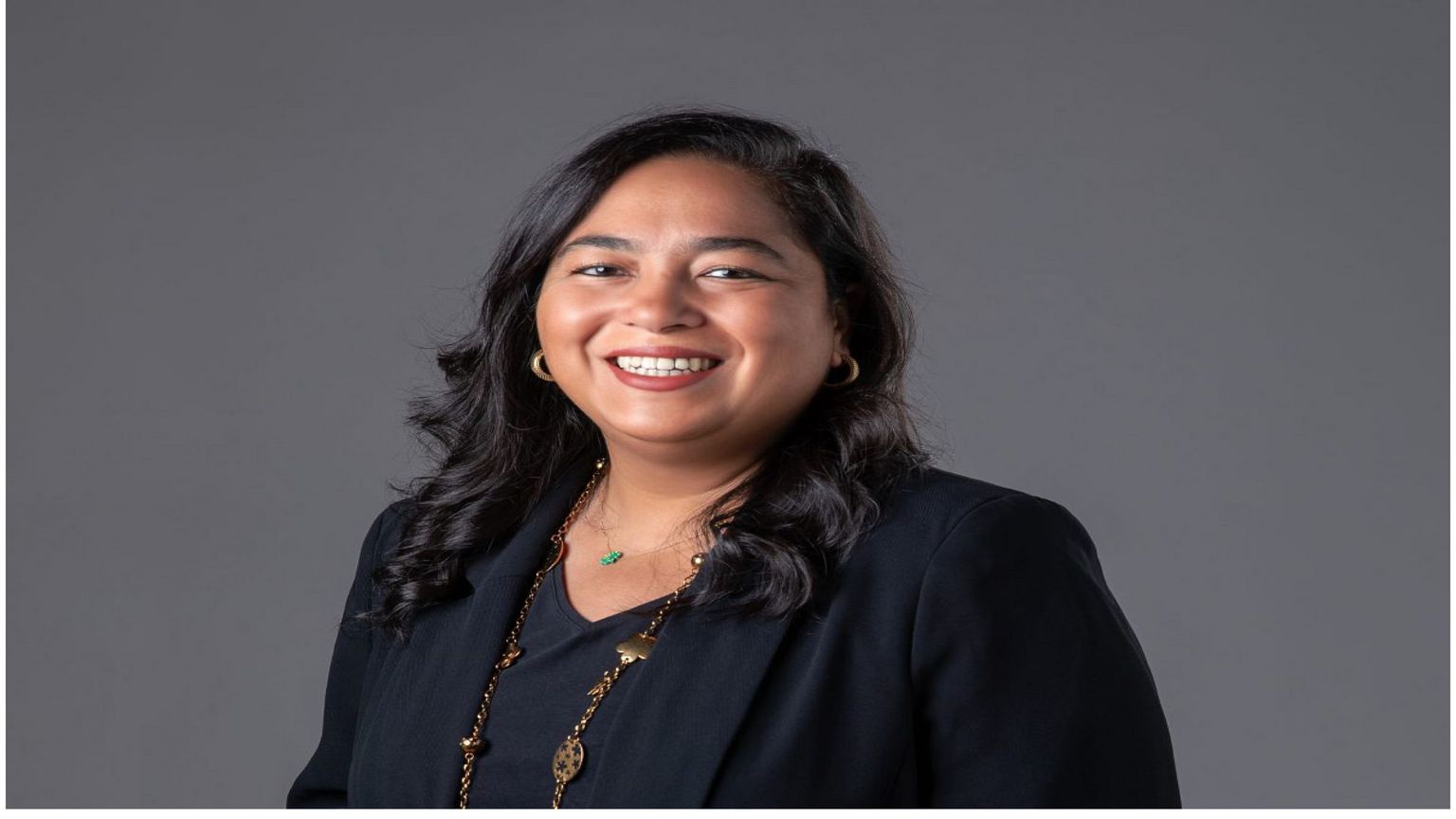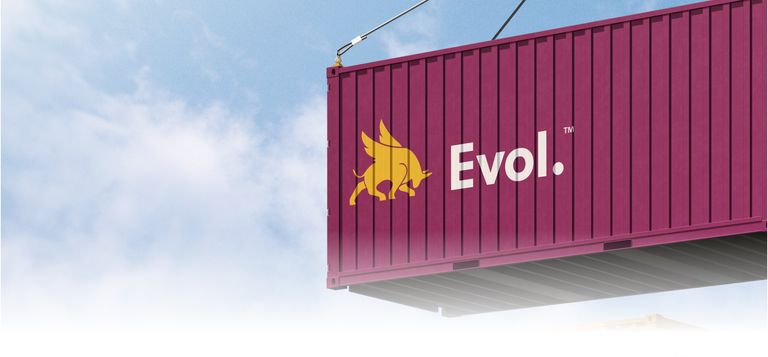Actualités • Membres
Building your regional supply chain in the MEA: Centralised vs decentralised

Should regional supply chains in the MEA be centralised or decentralised? Supply Chain Advisor and Co-founder of ENY Consulting, Nissrine Elqobai
Should regional supply chains in the MEA be centralised or decentralised? Supply Chain Advisor and Co-founder of ENY Consulting, Nissrine Elqobai answers the hot question.
by Nissrine Elqobai August 31, 2022
Nissrine Elqobai, Supply Chain Advisor and Co-founder, ENY Consulting
In today’s business landscape, no one can ignore the central role of supply chains in their balance sheet. The pandemic has taught us a lesson, and for the supply chain industry, it is COVID every day! The goal is to implement, mix and match different methodologies to have the proper symphony all year.
Thus, the multi-million-dollar question arises, how do we get the perfect symphony?
One way is to consider whether to centralise or decentralise your supply chain and while many parameters and possibilities can build multiple scenarios to answer this dilemma, we will focus on two main scenarios.
The other is that you – and your business – are new to the Middle East and Africa (MEA) region, versus the second scenario, in which you have been active in the region for at least five years.
In both scenarios, people and their competencies are a critical ingredient, without which success cannot be realised.
Read more:
The pressing challenges of post-pandemic supply chains
DP World, ENY Consulting enter a strategic partnership to boost collaboration
Scenario 1:
Launching a new MEA head office in Dubai, with an existing office in Europe
Against all odds, the MEA region is booming, and despite the many challenges, it remains a prosperous market with infinite potential.
However, the main question remains whether to authorise the European office to manage everything or to build and grow your supply chain capabilities within the region.
Well, the answer is simple, it has to be a combination of both.
During the transitional period, the European office can help you, but once you are settled in the region, you must build your regional unit.
Having a local team on the ground creates a strong foundation for growth, which is a crucial moment for the following years.
However, it is essential to not fall prey to minimising the setup cost by recruiting cheap and non-competent resources, especially for first-time recruitment, since 99% of the time this practice increases companies’ expenditure by at least five times over the following years.
For instance, to set up a distribution centre or if your logistics team needs support in choosing the right third- or fourth-party logistics providers, the key is to benefit from companies with deep knowledge of the region while focusing on your business and outsourcing services whenever possible.
The volume of your business and your growth forecast are also key factors to consider when setting up a new office in the region.
These benchmarks can help you decide and plan whether your business requires one or multiple distribution centres.
Additionally, having a central team makes it easier to build your processes and standardise your metrics end-to-end.
In short, you should have a knowledgeable team of professionals and industry experts to support your business and a network of trustworthy partners to manage your logistics and freight operations.
This will give you the needed flexibility and focus to start and adapt your growth, especially in the beginning.
Scenario 2:
You have been in the region for at least five years with an office in Dubai
Your company has been successful in the region for the past 10 years, and all indicators point towards a flourishing business for years to come.
In this scenario, you have one distribution centre in Dubai and one in Riyadh. In this case, your Dubai-based team, where the head office is located, manages all aspects of the supply chain, from customers to suppliers and distribution centres, your processes are standardised and your metrics are tested and reliable.
Border customs is one of the most difficult challenges facing businesses in the region, and can be addressed by equipping your company with an expert in customs and freight, and finding the right competencies overall.
“The volume of your business and your growth forecast are key factors to consider when setting up a new office in the region.”
Nissrine Elqobai
Decentralising the supply chain
As your business continues to grow and the logistics team’s knowledge of the region becomes more stable, you may consider decentralising the team.
However, if the business is steadily growing, you should build solid sales and supply chain teams, even with a strong logistics partner. It is recommended to have both teams, which can complement each other with agility and immediate support when needed.
As a result, the supply chain team in the head office can optimise flows, and anticipate demand as well as logistical challenges.
For example, if your business in Nigeria has a solid customer base, you need to localise a team in the country, and the key is to recruit fitting talent, even if it seems complicated.
Your business’ strength is your strong knowledge of the region, your robust and reliable network of partners and most importantly, your agility.
Over time, you can operate a combination of centralised and decentralised supply chains by dividing the roles and responsibilities between the head office and regional teams.
In conclusion
The most important point to remember is that the supply chain is a living process that evolves daily according to the economy, geopolitical changes, and social landscapes.
Thus, it is essential to always question the situation, and challenge your supply chain team to find better ways of doing business, increase margins and improve processes.


